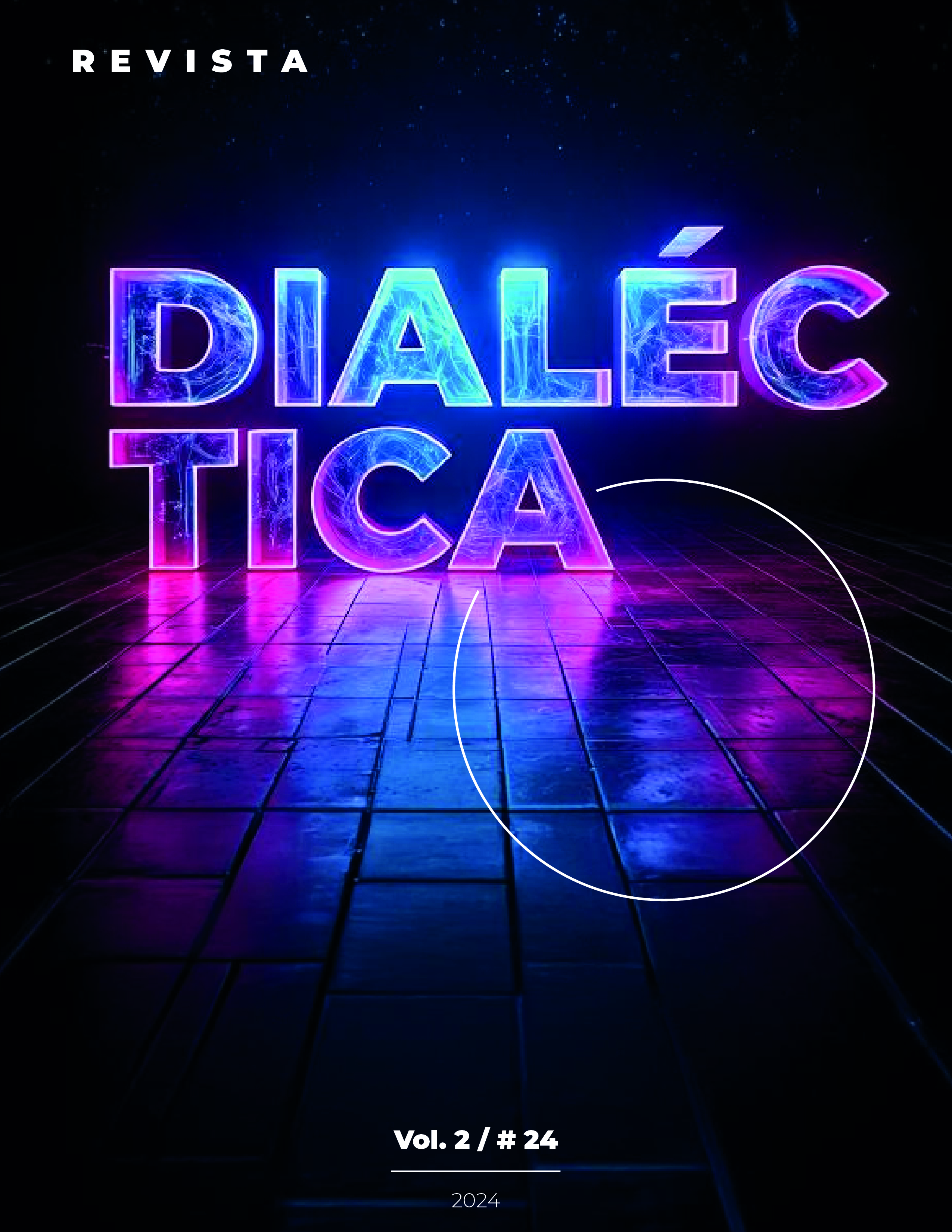REFLECTIONS ON THE IMPACT OF ACOUSTIC INSULATION AND CONDITIONING ON THE TEACHING-LEARNING PROCESS IN PUBLIC INSTITUTIONS IN COLOMBIA
DOI:
https://doi.org/10.56219/dialctica.v2i24.3452Keywords:
noise control, nsulation, conditioning, educational environment, academic performance, public institutionsAbstract
The essay reflects on the importance of noise control in public educational institutions in Colombia, highlighting how acoustic conditions directly influence teaching and learning. A quiet and well-conditioned educational environment contributes significantly to students' comprehension, concentration and academic performance. The paper highlights the benefits of sound insulation, which generates reduced distractions and improved communication, as well as acoustic conditioning, which optimizes sound clarity and reduces stress. Despite the financial and infrastructural challenges faced by public schools in Colombia, emphasis is placed on the need to prioritize investments in improvements that minimize noise, and consequently, guarantee effective learning environments. Periodic acoustic evaluations, teacher training and the incorporation of these improvements in the budgetary planning of the institutions are proposed, with the objective of creating educational environments that are suitable and conducive to learning.
Downloads
References
Banco Interamericano de Desarrollo (BID). (2021). Informe de Inversiones en Tecnología Educativa en América Latina
Brink, M., Riediker, M., Schaffer, B., Vienneau, D., Cajochen, C. y Probst-Hensch, N. (2019). Asociaciones entre la exposición al ruido y la calidad del sueño: perspectivas del proyecto SiRENE. Noise & Health, 21 (101), 180-190.
Bronzaft, A. L. (2019). The impact of a noise reduction program on reading scores. Noise and Health, 21(10), 19-24.
García-Sanz, B. y Garrido, F. (2003). La contaminación acústica en nuestras ciudades. Fundación “la Caixa”.
González, A. (2019). Desigualdades en el rendimiento académico y el entorno educativo en Colombia. Revista Colombiana de Educación.
Klatte, M., Bergström, K., & Lachmann, T. (2013). Does noise affect learning? A short review on noise effects on cognitive performance in children. Frontiers in Psychology, 4, 578. DOI: https://doi.org/10.3389/fpsyg.2013.00578
Klatte, M., Bergström, K., y Lachmann, T. (2017). ¿El ruido afecta el aprendizaje? Una breve revisión de los efectos del ruido en el rendimiento cognitivo de los niños. Frontiers in Psychology, 8, 1016.
López, A., & García, M. (2020). Efectos del ruido ambiental en el aprendizaje escolar: Un estudio en aulas urbanas. Revista de Educación y Salud, 12(2), 40-49.
López, M., & Gómez, L. (2021). Normativas de Construcción y Aislamiento Acústico en Escuelas Colombianas: Implementación y Desafíos. Journal of Educational Facilities, 7(2), 99-115.
Ministerio de Educación Nacional de Colombia (2020). Informe sobre Infraestructura Educativa en Colombia. Bogotá: Ministerio de Educación Nacional
Organización Mundial de la Salud. (2018). Guías de la OMS sobre el ruido ambiental.
Organización Mundial de la Salud [OMS]. (2022, 2 de marzo). La OMS publica una nueva norma para hacer frente a la creciente amenaza de la pérdida de audición.
Organización de las Naciones Unidas para la Educación, la Ciencia y la Cultura (UNESCO, 2018). Educación y Planificación Urbana: Desafíos en Ambientes Ruidosos. París: UNESCO.
Shield, B., & Dockrell, J. (2008). The effects of noise on children at school: A review. Building Acoustics, 15(2), 97-116 DOI: https://doi.org/10.1260/135101003768965960
Van Kempen, EEM y Babisch, W. (2012). Relación cuantitativa entre el ruido del tráfico rodado y la hipertensión: un metaanálisis. Journal of Hypertension, 30 (6), 1075-1086. DOI: https://doi.org/10.1097/HJH.0b013e328352ac54
Downloads
Published
How to Cite
Issue
Section
License
Copyright (c) 2025 DIALÉCTICA

This work is licensed under a Creative Commons Attribution-NonCommercial-ShareAlike 4.0 International License.
La revista Dialéctica conserva los derechos patrimoniales (copyright) de las obras publicadas, que favorece y permite la reutilización de los mismos bajo la licencia Creative Commons Atribución-NoComercial-CompartirIgual 4.0 , por lo cual se pueden copiar, usar, difundir, transmitir y exponer públicamente, siempre que se cite la autoría y fuente original de su publicación (revista, editorial, URL y DOI de la obra), no se usen para fines comerciales u onerosos y se mencione la existencia y especificaciones de esta licencia de uso. Si remezcla, transforma o crea a partir del material, debe distribuir su contribución bajo la misma licencia del original.












